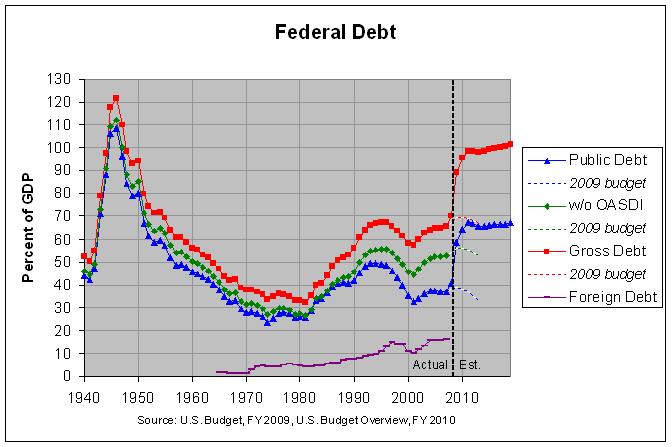Republicans like to claim that they’re the party of growth and prosperity. Even though all the facts say otherwise.
I’ve pointed out repeatedly that when you compare a lot of developed countries over decades, you see that lower taxes and smaller government don’t result in faster growth. Tax cuts are an effective vote-buying political pander (who likes paying taxes?), but they don’t create prosperity.
I’ve also been dismissive of most of the U.S.-only discussions (left and right), because they tend to cherry-pick brief periods that don’t really tell us anything. (Look! There were tax cuts in Year X, and there was growth in Year X+3!)
You have to look at the big, long-term picture (viz) to see if economic policies generate long-term growth.
Here are some long-term looks at Democratic versus Republican economic results.
Even the rich people did better under the Democrats.
Annual Rates of Employment Growth
| President | Time Period | Average Misery Index |
| Jimmy Carter | 1977 – 1980 | 16.27 |
| Gerald Ford | 1974 – 1976 | 15.93 |
| Ronald Reagan | 1981 – 1988 | 12.19 |
| George H.W. Bush | 1989 – 1992 | 10.68 |
| Richard Nixon | 1969 – 1973 | 9.98 |
| George W. Bush | 2001 – 2007 | 7.89 |
| Harry Truman | 1948 – 1952 | 7.87 |
| William J. Clinton | 1993 – 2000 | 7.80 |
| John F. Kennedy | 1961 – 1962 | 7.27 |
| Lyndon Johnson | 1963 – 1968 | 6.78 |
| Dwight Eisenhower | 1953 – 1960 | 6.26 |
We’ve now had almost thirty years to try out and evaluate the Reagan revolution. The results are in. It failed.
Not only did it fail to generate the stunning prosperity that was promised for that city on the hill, it left a large portion of the American people scattered around at the bottom. And it left our country in a massive hole of debt.
In both of the following figures, check out the inflection point at–surprise–1980.
Isn’t it about time we hired “the most economically sophisticated presidential candidate in years, or maybe decades”?




Comments
7 responses to “Pro-Growth Republicans? Get Real”
Steve, we’ve discussed this — there are three branches of government. Care to try these metrics again factoring in who runs the house and senate? The president doesn’t control the pursestrings. Also, please read Manikw (Principles of Microeconomics ) chapter 8. You can’t argue away deadweight losses using cherry-picked statistics. I’ll send you the pdf. Here’s the conclusion:
“This chapter has shed some light on how high the price of civilized society can
be. One of the Ten Principles of Economics discussed in Chapter 1 is that markets are
usually a good way to organize economic activity. When the government imposes
taxes on buyers or sellers of a good, however, society loses some of the benefits of
market efficiency. Taxes are costly to market participants not only because taxes
transfer resources from those participants to the government, but also because
they alter incentives and distort market outcomes.”
>The president doesn’t control the pursestrings
So Reagan had no effect on the pursestrings.
Bush I didn’t raise taxes.
Neither did Clinton.
Bush II didn’t cut taxes.
Do you really want to argue that?
On Mankiw, I’ve already pointed out that even after he magisterially lays out the empirical data on taxes and growth (no correlation), he then says we should ignore the data, and just go by theory and intuition.
http://trueconservative.typepad.com/trueconservative/2008/02/mankiw-post-fri.html
I tend to think that if the empirical data had supported his beliefs, he would have drawn a different conclusion.
Reagan had influence for sure, but Stockman couldn’t get anywhere, result – big deficits.
Yes, yes, the airplane seems to stay in the air when you remove many of the the bolts. I’ll create a scatter plot of bolt removal vs altitude loss. It will revolutionize the aircraft manufacturing process.
Regarding deadweight loss — I sent you the chapter. Econ 101…
[…] is how to achieve it. Decades of postwar empirical econometrics demonstrate that progressives know the answers to that question. Conservatives have simplistic (he got that right) faith-based […]
[…] up on previous posts here, here, and here, yet some more debunking of this […]
[…] while back I posted some comparative numbers for postwar economic indicators, Dems versus Pubs. Clear results for the […]
[…] comments on my recent post–which discusses how the economy performs (much) better under Democratic presidents–my friend […]